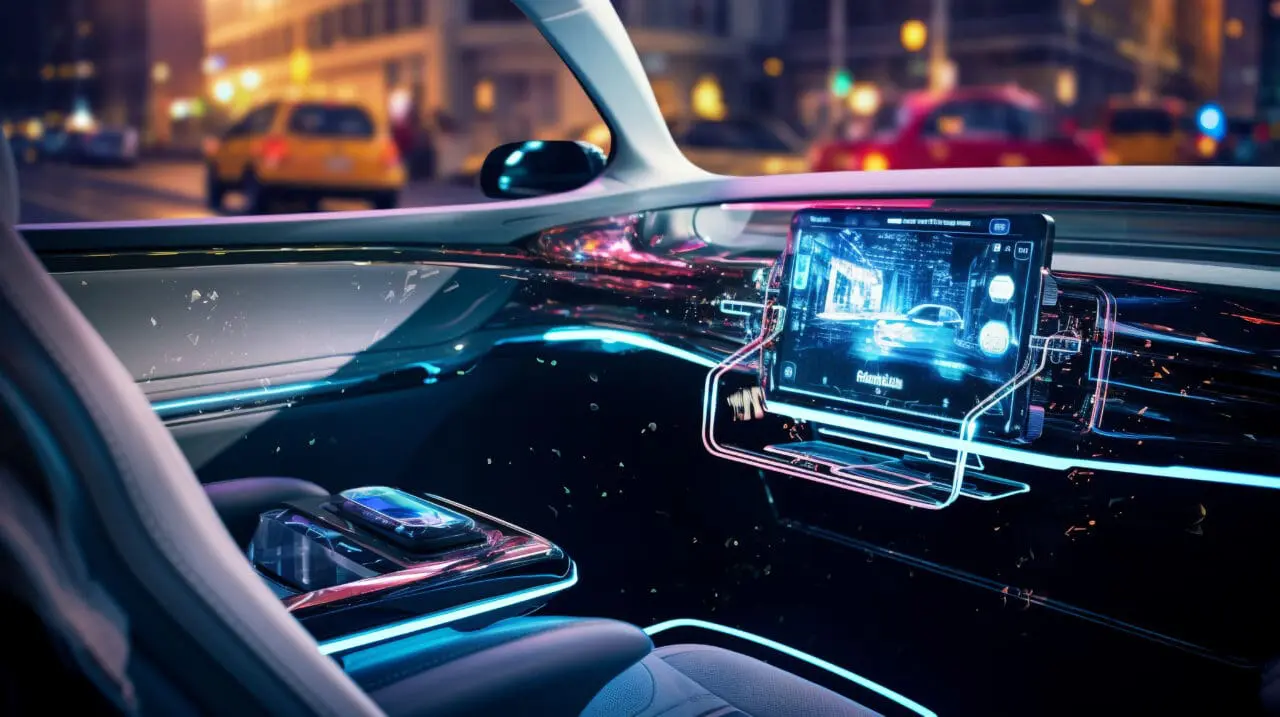

As we approach the third decade of the 21st century, one of the most exciting technological advancements, driverless cars, is set to become a reality on UK roads. If Transport Secretary Mark Harper’s predictions are accurate, we could see these autonomous vehicles cruising on some UK roads as soon as 2026.
Driverless cars are not just a technological novelty; they represent a paradigm shift in the way we perceive travel. With the advent of these autonomous vehicles, we will see a decrease in commute times, an increase in productivity, and a radical change in traffic management. The era of stressful driving could soon be a thing of the past.
The implementation of driverless cars in the UK is both a challenge and an opportunity. On one hand, it will improve commute times and reduce traffic congestion. On the other, it raises concerns about job displacement in driving-related sectors and the readiness of existing infrastructure to accommodate this new technology.
While autonomous vehicles promise to enhance road safety by eliminating human error, they also raise new safety questions. The technology’s susceptibility to cybersecurity threats, and its decision-making capacity in unpredictable road situations, are among the primary concerns.
The introduction of autonomous vehicles will necessitate changes in traffic management and infrastructure. With the potential for vehicle-to-vehicle communication and precise navigation, traffic can be more effectively managed, potentially reducing congestion. However, this requires substantial investment in updating road infrastructure and traffic systems to support these vehicles.
The transition to autonomous vehicles will have profound social and economic effects. While they may initially seem a luxury, these vehicles could become a necessity, providing mobility to those unable to drive. Economically, while some sectors may face job losses, new employment opportunities will likely emerge in technology and infrastructure-related fields.
As with any new technology, regulation will play a crucial role in the deployment of autonomous vehicles. The government will need to establish clear guidelines on safety, cybersecurity, and liability issues, as well as manage the impact on employment and infrastructure.
The impact of driverless cars on employment is a double-edged sword. While there may be job losses in sectors like taxi and truck driving, new opportunities will likely appear in fields such as vehicle maintenance, software development, and road infrastructure management.
The history of transport shows a persistent trend towards increased efficiency and convenience. Driverless cars represent the latest step in this evolution, offering the promise of safer, smoother, and more efficient travel. Just as the shift from horse-drawn carriages to motor cars revolutionised transportation, driverless cars have the potential to do the same.

This website uses cookies to improve your experience. Choose what you're happy with.
Required for the site to function and can't be switched off.
Help us improve the website. Turn on if you agree.
Used for ads and personalisation. Turn on if you agree.
This website uses cookies to improve your experience. Choose what you're happy with.
Required for the site to function and can't be switched off.
Help us improve the website. Turn on if you agree.
Used for ads and personalisation. Turn on if you agree.